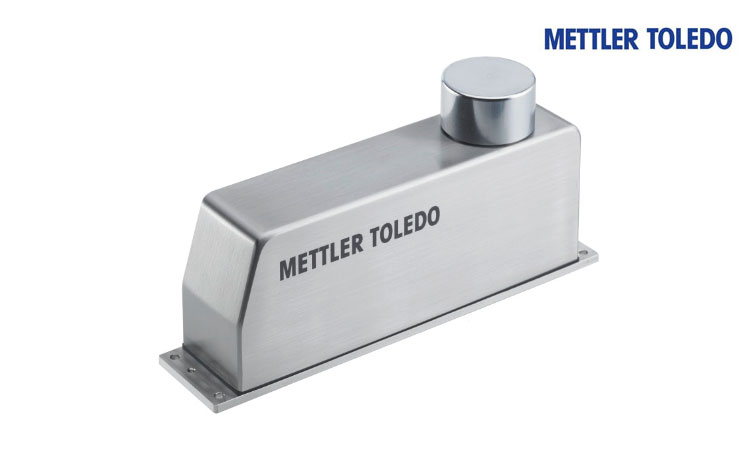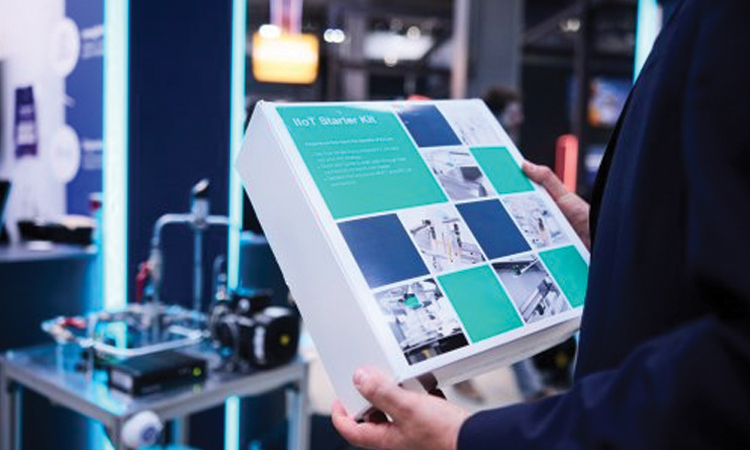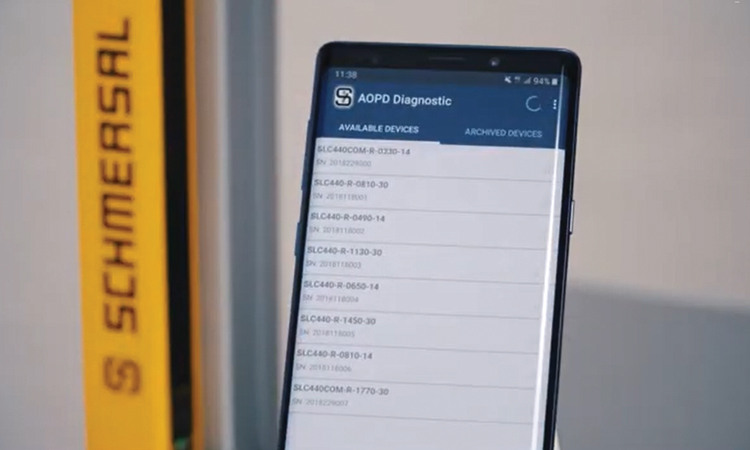Leading Industry Associations Unite to Support Auto Components…

High Throughput , Despite 100% Inspection | Engineering Review
The manufacturing process for solar cells consists of a multitude of individual steps. A weight check between each step ensures that only good wafers proceed to the next treatment. METTLER TOLEDO has the right products and the expertise to support machine builders in successfully applying weight based quality control for solar cells.
The transformation process from a block casted poly-crystalline silicon ingot to a solar cell consists of several individual steps. It starts with cutting and shaping the ingots into wafers. Then the wafers have to pass through several etching, coating and printing processes until it is a solar cell with the capability to produce electricity. A strict quality control check at the end of each treatment ensures only good wafers proceed to the next production step.
Weight-based quality control
Measuring the weight before and after each production step is a fast and reliable quality check. It allows for detecting deviations in geometry, completeness and density of the wafer before surface treatment starts. Then the weight difference is used for checking results of etching, coating and printing. It requires weigh modules with repeatable precision between 10 mg and 0.1 mg.
One weigh module for all steps
METTLER TOLEDO’s high-precision weigh modules comply with the requirements. They can reliably detect deviations of less than 1mg in a fraction of a second. The WMS104C is the most often used weigh module for quality control in silicium-based solar cell production. It has a readability of 0.1 mg and the repeatability of 0.2 mg. The software applies filter algorithms to measure correct and repeatable results despite of vibrations from machines and drafts from the air conditioning system. An incorporated calibration weight allows testing of correct function without the need to remove the hosting adapter for the wafer.
Fast communication
The fast interface sends 92 filtered and compensated weight values per second to the control system. The transmitted data can be converted to all common Fieldbus Systems if required.
Consultancy ensures successful implementation However, correct integration of weigh modules is key for the successful use of weighing technology in a solar wafer production process, because a number of challenging environmental effects have to be considered. Close cooperation during the design process between machine builders and the experts of METTLER TOLEDO ensures achievement of optimum performance.
Weight-based quality control is not limited to solar cells
Manufacturing of solar cells is not the only application for weight-based quality control. It can be applied to detect the smallest deviations in assembling, molding, coating, etching and printing processes for many products. METTLER TOLEDO has its own direct service and sales force. Its experts are globally available for consulting customers in correct integration of weigh modules into any kind of quality control applications.
Ask METTLER TOLEDO how weight-based quality-control can increase yield in your production.
About METTLER TOLEDO
METTLER TOLEDO is a leading global supplier of precision instruments and services. The Company is the world’s largest manufacturer and marketer of weighing instruments for use in laboratory, industrial and food retailing applications. METTLER TOLEDO also holds top-three market positions in several related analytical instruments and is a leading provider of automated chemistry systems used in drug and chemical compound discovery and development. In addition, the Company is the world’s largest manufacturer and marketer of metal detection and other end-of-line inspection systems used in production and packaging and holds a leading position in certain process analytics applications. Additional information about METTLER TOLEDO can be found at www.mt.com.
For more information
Visit us: www.mt.com/WMS-man10









